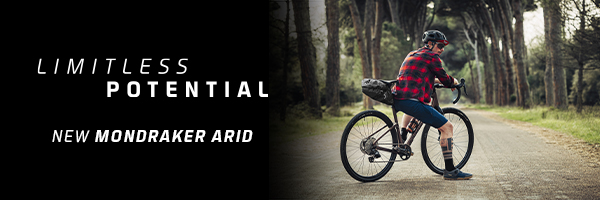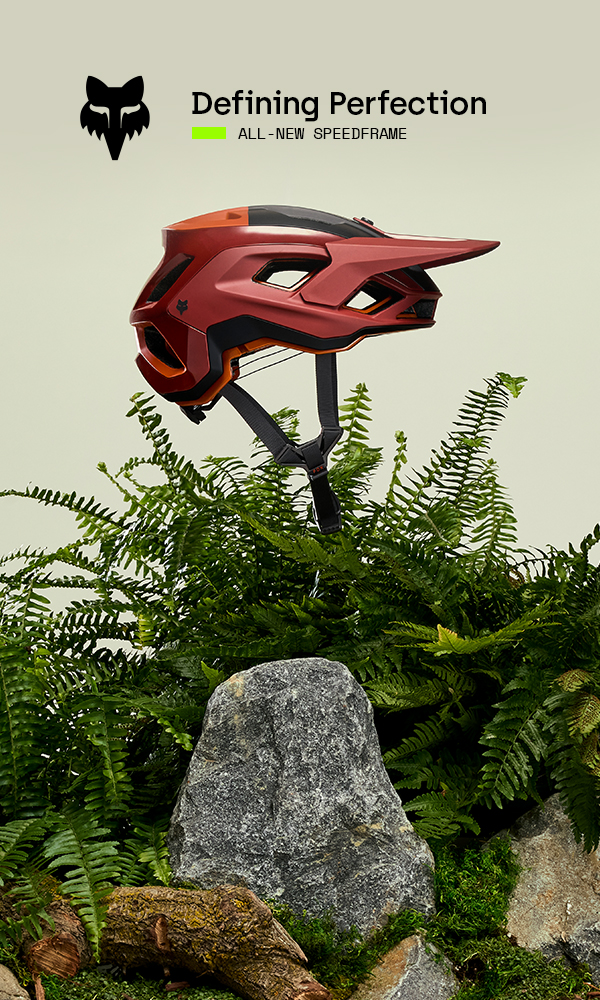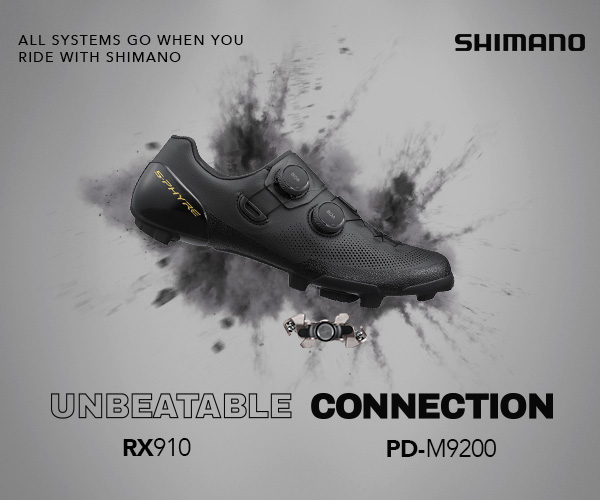Building a wheel might seem like a technical task – a matter of tension, truing, and materials. But in Davide Frassine’s workshop in Sant Andreu, Barcelona, that task becomes something else entirely: a conversation, a responsibility, and an act of care. From this small storefront, Frassine has built more than wheels. He’s crafted a way of working where honesty outweighs marketing, and every spoke tells a different story. Tomás Montes tells the story of Frasen Works below…

From a workshop at street level in the Sant Andreu neighborhood of Barcelona, Davide Frassine builds each wheel as if it were the only one. There’s no production line, no fixed catalog. At Frasen Works, every set of spokes, hubs, and rims passes through his hands with the focus and precision of someone who has made the manual building of wheels a meticulous, deliberate, and deeply personal craft.

Frasen Works: From Skate to Spoke
Davide didn’t come to cycling through passion, but through necessity. His true love, as he readily admits, was always skateboarding. He grew up in the province of Brescia, northern Italy, and started skating at 14. For more than a decade, skateboarding defined his life. “My last thought before sleeping was skating, and I’d wake up thinking about skating,” he says. It was skating, not bikes, that brought him to Barcelona, a city open and smooth enough to invite endless lines and tricks.
He studied Environmental Science in Padua and moved to Barcelona in 2011 to complete his degree. Needing income to pay for his final year, he accepted a learning opportunity – initially unpaid – at a neighborhood bike shop, hoping to gain skills and cover his university costs. At the time, fixed-gear bikes dominated the urban scene, and wheelbuilding was more a necessity than a luxury. “We had to build our own wheels for urban riding. And there was this guy who came in almost every day to build. At first I thought: this dude’s doing the same thing all day, what a drag,” he laughs now. But something shifted when he met a builder from London named Martin who spoke about wheelbuilding as a technical art, with its own logic, subtleties, and secrets. He explained how tensions worked, how every wheel had a complex architecture. “The day before he left, I asked him to show me how to lace a wheel. After that, I started building every wheel in the shop.”
That was the start. What followed was a slow apprenticeship. He joined another shop and honed his technique while building a small workshop at home. In 2017, he registered as a self-employed artisan and gradually transitioned to working fully on his own. Since then, he’s never stopped wheelbuilding.

A First Client and a Philosophy
When he opened his current space in Sant Andreu, his first client wasn’t a road cyclist or a mechanic. It was a scrap collector from the neighborhood, who walked in with a completely broken bike. Frassine tried to excuse himself, saying he wasn’t a bike mechanic, that he only worked on wheels. But the man quickly replied that his issue was the wheel. So Davide did what he does best: he accepted the job, built a new wheel, spent over an hour getting it functional… and didn’t charge a thing.
That story isn’t just a quirky anecdote – it’s a direct reflection of how Davide understands his work. The customer isn’t a number. The shop isn’t just a store. And wheelbuilding isn’t a quick transaction, but a long-term commitment. Not out of romanticism, but conviction. And craft.


The Real Work Is the Conversation
Few things bother Frassine more than fake “custom.” Wheels advertised as tailor-made, but really just aesthetic bundles built around marketing, not the rider’s real needs. “My job isn’t just building wheels – you can teach anyone to do that. The real work is the consultation,” he says. Before giving a quote, he sends out a short form with seven or eight essential questions: what bike do you ride, how much do you weigh, where do you ride, how many kilometers per year. Sometimes he follows up with a call. Only after that does he suggest a specific configuration.
That’s what sets him apart from big brands, or even from some smaller workshops that still treat handmade wheels as templated products. “Sometimes people come in saying: I want this hub, this rim, and these spokes. And I tell them: no, that won’t work for your needs. And I don’t build it. Because if it fails, they’ll say it’s my fault. So I’d rather not do it than deliver something I know will go wrong.”
For Frassine, a wheel is a system, not a sum of parts. A poor choice, like chasing light weight over stiffness or durability, can ruin the whole build. “It happens less now, but for a while everyone wanted wheels under 1200 grams. Even guys weighing 95 kg. And I’d say: you’d actually ride better on something closer to 1800. More responsive, safer, Longer-lasting.”

Spokes and Method
Frasen Works runs on rhythm. Frassine works alone and has built so many wheels that the steps are practically second nature. Still, no two wheels behave the same. Even with identical components, every build has its quirks. “Sometimes it’s like magic; everything fits perfectly. And then the next wheel, same model, same setup, won’t go together as easily. You need 15 minutes more. But that’s the beauty of it.” His shop is stocked with every spoke you can imagine. That’s his raw material. “Spokes are the hardest to source and require a serious investment. From the beginning, I knew I’d always keep a deep stock of spokes.”
He rarely keeps hubs or rims in stock, though. That would push him to sell what’s on hand, instead of what’s right for the rider. “I don’t want to sell what I have. I want to build what you need.”
His approach to repairs follows the same logic. If a wheel he built comes back three years later with a broken spoke, he replaces all of them. “A spoke wears inside the hub – it’s a fatigue component. If one breaks, the others might be close behind. So I take the time, cut them all, rebuild from scratch, and give the customer a wheel that’s like new.” He doesn’t advertise this as a policy. He does it because it’s the right thing to do.

One Customer, One Coffee
Frassine doesn’t believe in faceless transactions. That’s why his website looks nothing like other brands’. No glossy animations or marketing fluff. Just clear, direct writing, like a note from your mechanic. “If you don’t like how the site is written, I’m probably not your builder. It’s like going to the doctor—you need to feel some trust.”
Trust is everything. “Most of my customers have been coming for years. Some are still riding wheels I built ten years ago. Others have changed bikes or goals, and we build something new. But the relationship continues. And I’ve had coffee with almost all of them.”
When someone brings in a bike for servicing, he doesn’t just tweak it. If it’s a bike he’s never worked on, he fully disassembles it. That way he knows exactly what kind of grease is used, how tight each bolt is, how it was put together. “From there, I can track its evolution over time. I know how it’s built, and I can take care of it properly.”

No Stock, No Rush, No Posturing
Frassine builds around 400 wheels a year. There’s no product line, no catalog, no marketing push. Sometimes he thinks about making a basic wheelset in stock – something like a quality aluminum gravel wheel for shops – but the days fill up fast. There’s always another build to finish, another customer to advise, another bike to care for.
He dreams of someday creating a small online store for professional wheelbuilders – a boutique platform with tools, spokes, and components he truly recommends. Not just every product from a brand, but only the ones he believes in. “Things I’ve tested myself. Tools I use. Even tires, but with an explanation: why I like this one, why not that one.” For now, he has help a few days a week from a good friend. Maybe that’s enough to get some side projects going. But the wheelbuilding remains the center of everything.

Frasen Works Knows When to Say No
What might define Frassine most is not how he builds a wheel, but when he chooses not to. He’s turned down jobs where the components weren’t up to the journey. “Someone came in planning a long touring trip, but the gear wasn’t good enough. I told him: I won’t build this, because at 2000 km, it’ll fail. I want your wheels to make 20,000 and get back home intact.”
It’s not arrogance; it’s ethics. “I don’t want you stuck in the middle of China changing rims. I want you to arrive, return, message me saying everything went perfectly, and then come by for a check-up.”
In a cycling world where “custom” often means little more than colored hubs and flashy decals, Frasen Works is something else entirely. A workshop where every wheel is built with thought, experience, and commitment. Where customers aren’t buying a product, but entering a conversation. Where the job isn’t just to turn a spoke wrench, but to listen, advise, and sometimes walk away from the wrong build.
No mystique, no myths – just skill, responsibility, and consistency. A place where method matters as much as material. Davide Frassine doesn’t say it aloud, but his workshop stands as a quiet argument for real craft. That’s something the world could stand to see more often.
















































































